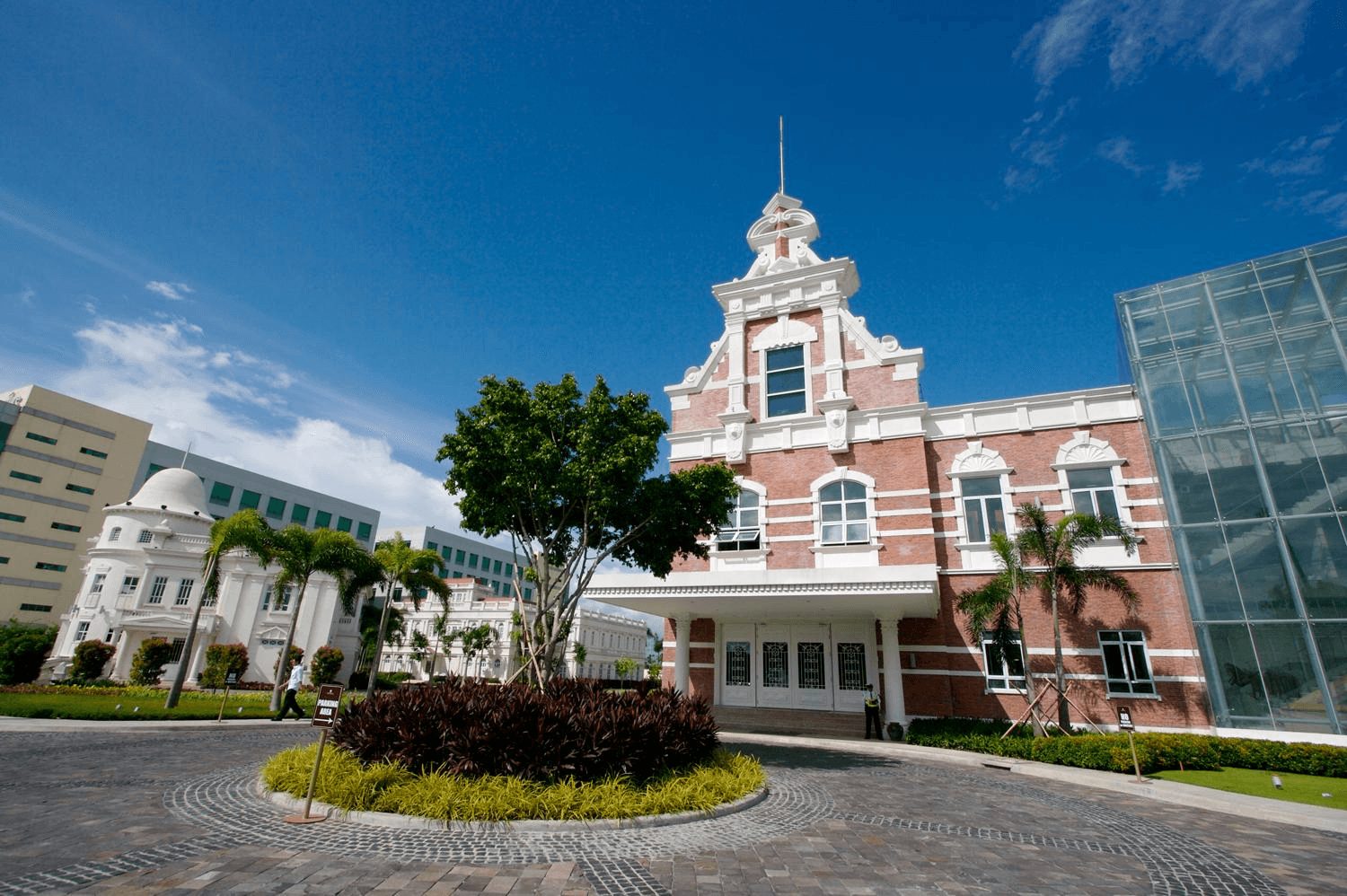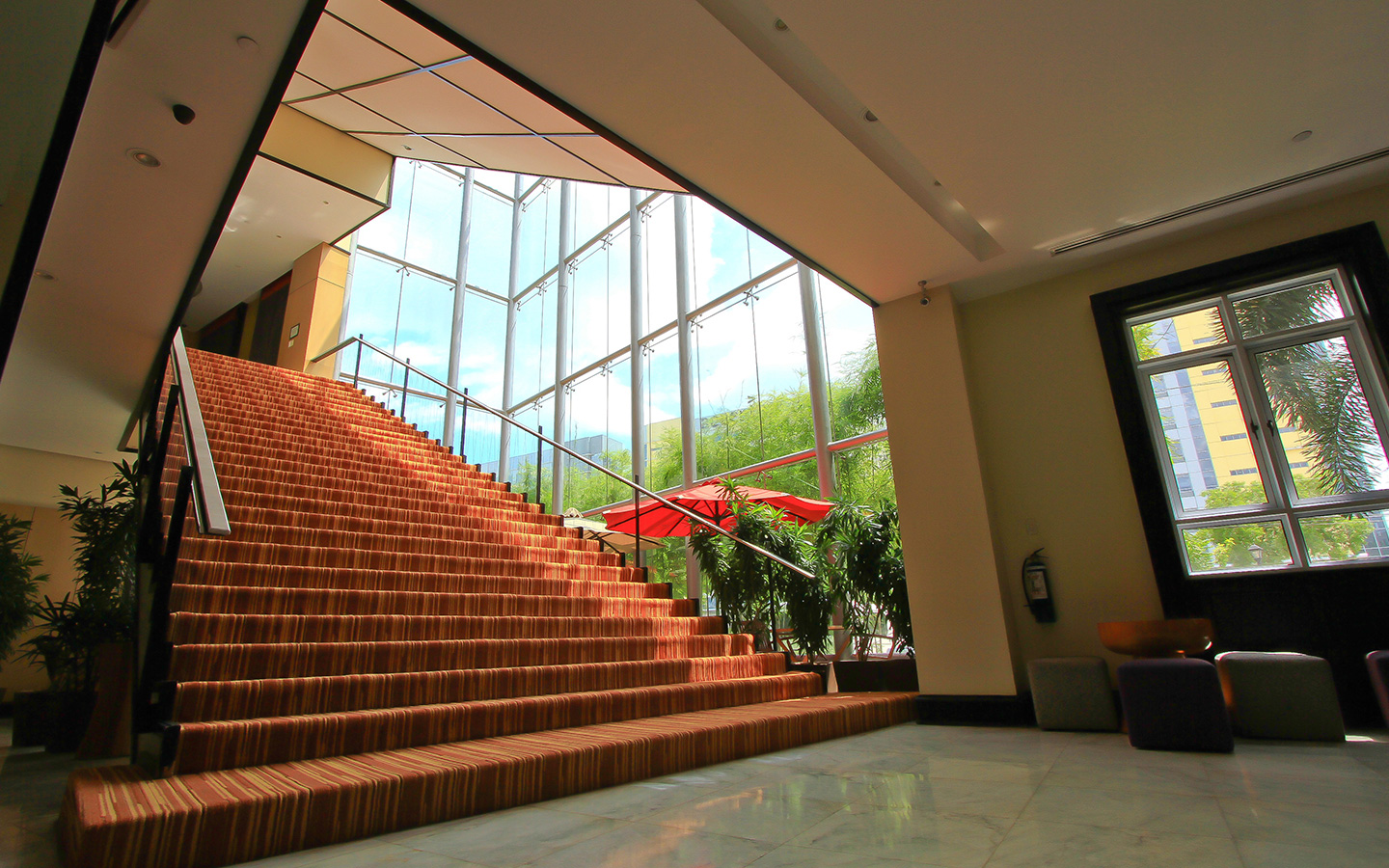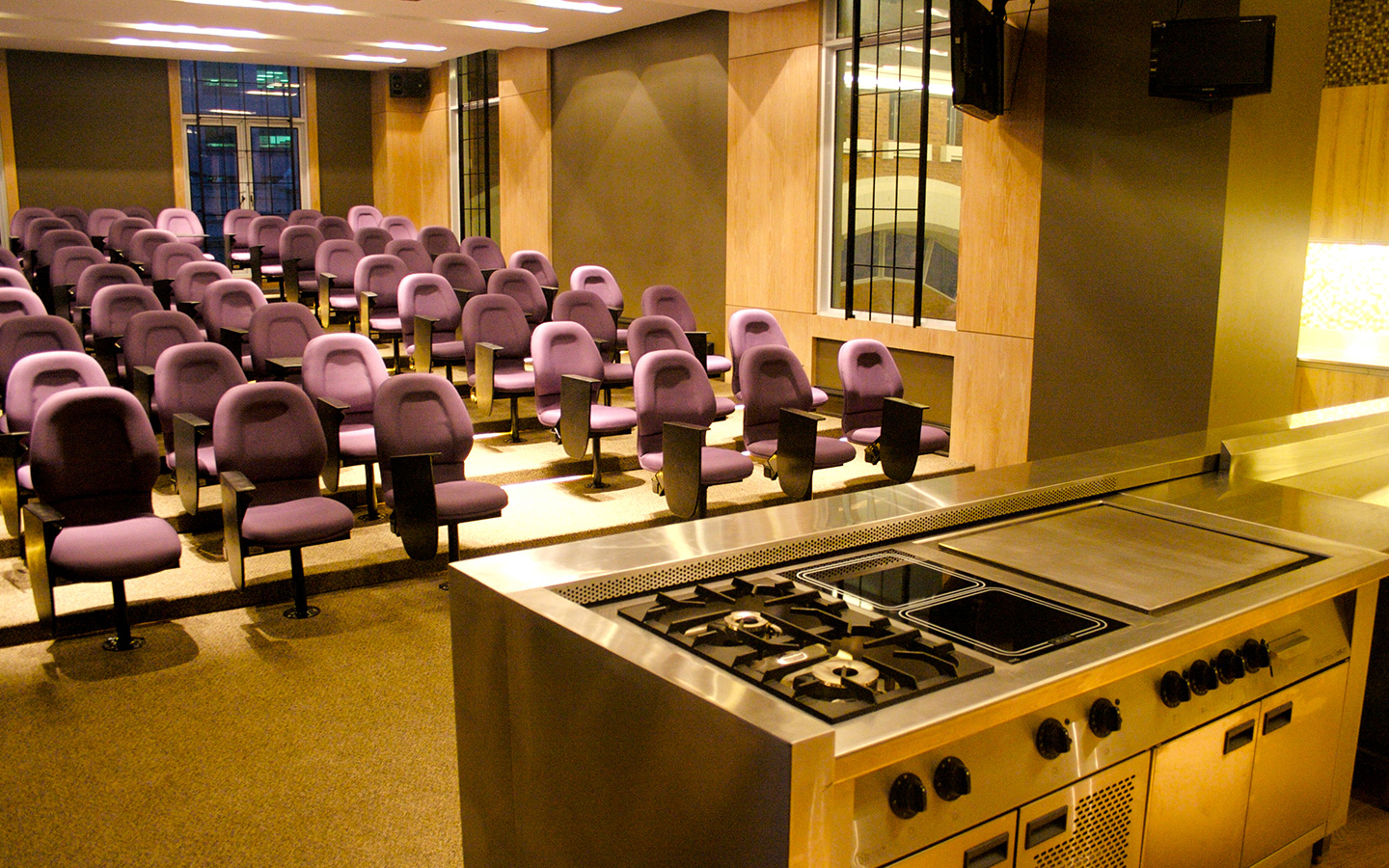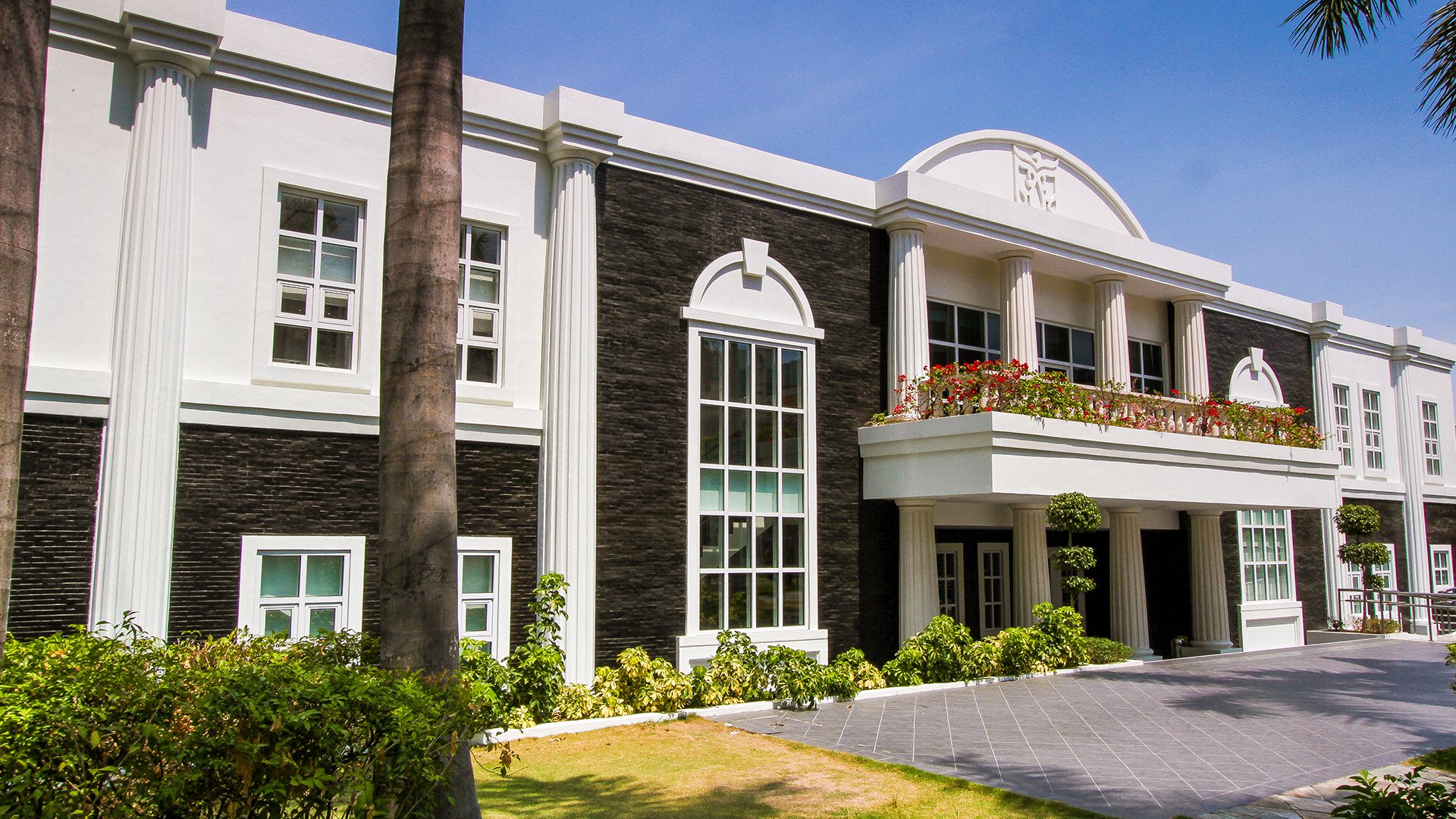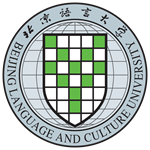First Semester
SMU 101 – Philosophy and Concepts of Saemaul Undong
This course introduces students to a community development model that originated in the Republic of South Korea called Saemaul Undong (New Village Movement). The course aims to teach the principles and foundations of the model, which is recognized as the reason for Korea’s long-term economic development from the 1970s. Students are empowered by theories and methods that can be applied to different countries and communities. The course focuses on leadership and values development.
MGT 220 – Leadership, Management, and Conflict Negotiation
This course provides students with leadership and management skill through fundamental management principles and theories, with emphasis on the major management functions of planning, organizing, staffing, directing, and controlling as they apply to general business processes and activities. A substantial examination of key management topics, including leadership, training, human resource development, motivation, delegation, problem solving, decision-making and conflict resolution are incorporated.
This course provides students with leadership and management skills through fundamental management skill through fundamental management principles and theories, with emphasis on the major management functions of planning, organizing, staffing.
ECO 401 – Fundamentals of Economics with Industrial Economics, International Economics, and Public Economics
This course introduces the principles and foundation of modern Economics. Students will learn to appreciate how the economy works through interaction between various economic agents such as governments, households and firms, and develop awareness about the growth and development of the Philippine economy
It will also introduce other branches of Economics such as Industrial Economics, Public Economics and International Economics.
HIST 220 – Contemporary Korean History, Culture and Society
To put Saemaul Undong in context, HIST 220 is included to cover the history and culture of the Republic of Korea. Students will know the norms in Korean society, the Korean alphabet, and conversational Korean. This will provide students skills in interacting with Koreans and give them a stronger position in obtaining grants from Korean aid agencies.
Second Semester
GENSCI 201 – Environmental Resource Protection and Management
This course gives students a foundation in environmental management and sustainable development through basic knowledge of earth sciences and practical applications as part of developing environmental literacy and social responsibility. It studies the role of environmental management and protection in the growth of an economy using Korea’s environmental efforts through Saemaul Undong as a model. It provides students with skills to develop a sustainable project with environmental aspects.
ECO 410 – Economic Development with Civic Participation and Social Marketing
The course is a comprehensive educational experience that integrates theoretical and practical perspectives on economic development and civic participation. It provides students with a foundation for understanding the roles of community engagement and social action in democratic citizenship and global stewardship. Students will learn to develop innovative business solutions and integrate marketing concepts for social problems to influence behaviors that benefit individuals and communities.
ECO 440 – Financial Management with Financial Economics and Planning
This course provides an introduction to financial management and project financing in order to equip students with skills to objectively approach and solve financial problems. Students are taught the essentials in efficient and effective management of funds, including management methods used in communities through Saemaul Undong.
MGT 481 – Strategic and Project Management with Project and Policy Planning, Implementation and Evaluation
This course presents an introduction to strategic project management. It deals with formulation of action plans to address organizational challenges, close performance gaps and fulfill the project’s objectives. It aims to develop the ability of the student to think strategically about a project, its present business position, its long-term direction and its sustainability. Case studies are used to further elaborate and explain theories and concepts discussed. This course presents an introduction to strategic project management.
Show less

